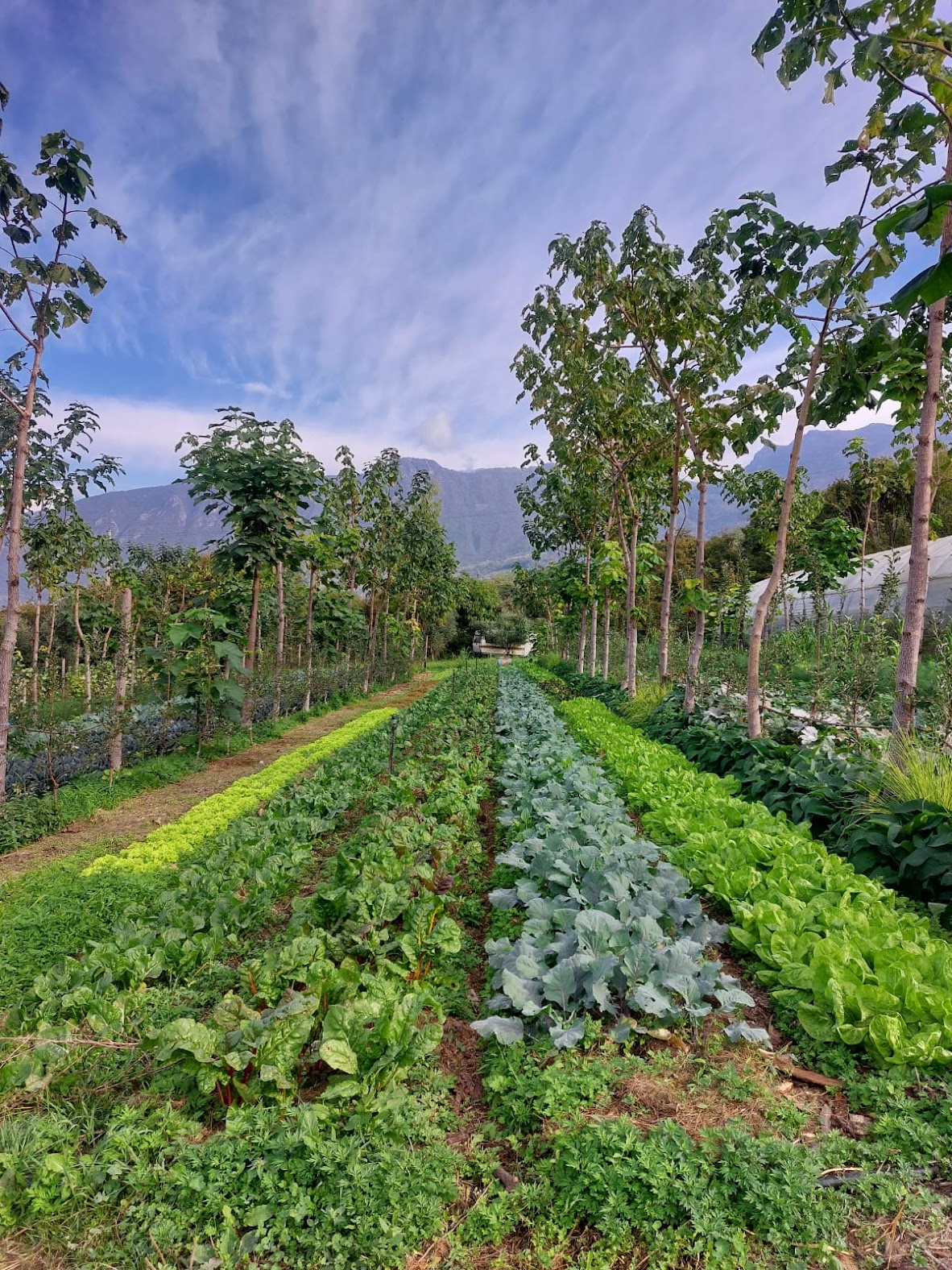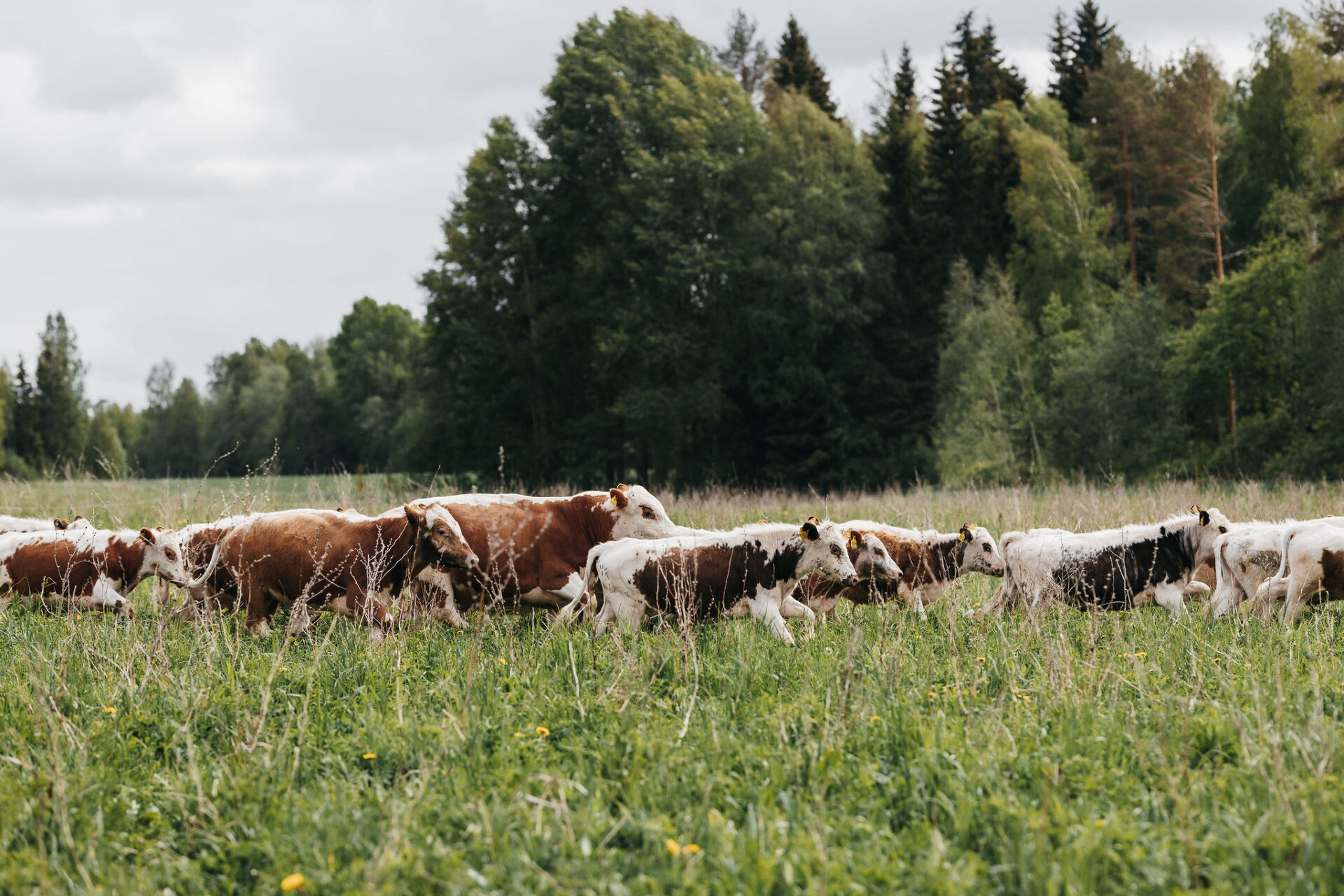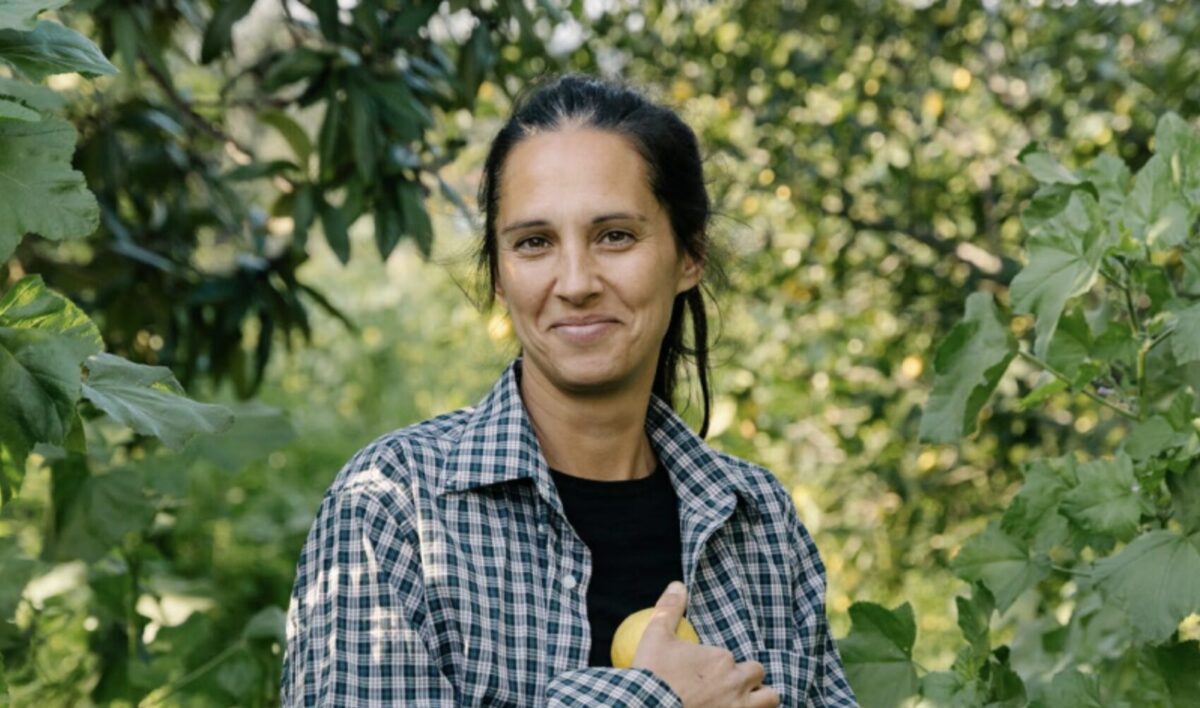Regenerative systems—from agroecology to conservation agriculture and organic farming—are “not only viable but already superior in most contexts” to conventional agriculture when it comes to yield, resilience, and planetary health, according to a new study from farmer-led coalition EARA (European Alliance for Regenerative Agriculture).
“Pioneering farmers practicing regenerating forms of agriculture can and do produce relatively only 2% less yields, similar incomes, far over 25% more ecosystem services and biodiversity, using 61% less synthetic nitrogen fertilizer, 76% less pesticides and 88% less non-national feed than their averaged context-specific peers,” claims the study.
Input-intensive conventional farming, which focuses on short-term yield gains at the cost of planetary health, will not be able to meet Europe’s challenges around soil health degradation, biodiversity loss, lack of food sovereignty, and climate stability, the report argues.
EARA’s farmer-led project, of which this is the first phase, analyzes the realities of regenerative farming systems as a possible solution to this problem.
Regen farmers ‘match or outperform average conventional counterparts’

The report—EARA’s first in its farmer-led research program—measures what these pioneering farmers are achieving using a new index called Regenerating Full Productivity (RFP), which is a performance metric for land stewardship outcomes developed by farmers, researchers and agronomists.
RFP builds on the Total Factor Productivity economic model, which measures the relationship between productivity/efficiency and economic prosperity. In other words, it’s about doing more with less.
EARA’s RFP applies much the same model to a regenerative systems context, measuring how productive farmers can be with fewer (and eventually zero) synthetic inputs. The study used field-level measurements along with farmer-generated data and satellite imagery to get its results.
“[The] study tests the hypothesis that pioneering regenerating farmers can match or outperform average conventional counterparts; not only in yield, resilience and climate performance, but also in the regeneration of soils, ecosystems and biodiversity.”
The study’s outcomes, it notes, “refute the assumption that Europe’s food security depends on chemical-intensive agriculture. The progressive reduction, and eventual elimination, of synthetic inputs is not only feasible but also economically and environmentally beneficial.”
Yield parity, food sovereignty among benefits of regen ag
This first phase of the farmer-led research program took place across 78 regenerating farms in 14 European countries from 2021 to 2023. On these farmers, the project found:
A more than 32% higher full productivity on average, with gains ranging from 14% to 52%.
Over 24% more photosynthesis, 23% more soil cover, and 17% greater plant diversity, all of which are necessary to maintain productive, resilient land and, of course, optimal soil health.
“Yield parity” despite a major reduction in inputs. “Regenerating farms achieved, on average, only a 2% lower yield (in kilocalories and protein), while using 61% less synthetic nitrogen fertilizer and 76% less pesticides per hectare,” notes the study.
Regional food sovereignty: While average EU farms import over 30% of livestock feed from outside the EU, pioneering farmers achieved similar yields using feed exclusively from within their bioregions.
In total, the study notes, these farmers delivered “over 27% higher Regenerating Full Productivity (RFP) than the average European farmer, with gains ranging from 24% to 38% across the 14 countries studied.”

‘Following the lead of the pioneers’
EARA frames the study as a call to action, “undertaken to provide data that encourage following the lead of the pioneers.”
For example, Greece-based nonprofit The Southern Lights operates a regenerative agroforestry operation and also works to educate others about such practices. “With EARA we are pioneering ways to help ever more farmers embark on similar journeys,” notes cofounder and managing director Sheila Darmos, who is also an EARA farmer.
Following Darmos and others’ lead could, EARA’s study estimates, mitigate 141.3 million metric tons of CO2e per year already in the first years of transition, which is about 84% of the net greenhouse gas emissions from the EU agricultural sector.
After three to seven years of transition, Europe’s agricultural sector would become “nature and climate positive” and able to ensure both food and fiber security for the whole of the region, claims EARA.
“This study is a call to realize,” Dr. Yann Boulestreau, an EARA farmer, scientist, and cofounder of AgSynergie, noted in the report.
“Restoring ecosystems while being productive and profitable is not a dream of some theory-lovers sitting in offices,” he added. “It is what pioneer farmers are achieving on their fields throughout Europe. Let’s support the dissemination of their techniques, for our common good.“





